
Changes for the better start with each of us and the solutions we and our communities create daily. This month, Rubryka shared many stories about how everyone has the power to create changes around them — alone or in a group with loved ones.
VSELI HUB: a space for teenagers by teenagers

What to do if the young community lacks a cozy and comfortable place to communicate, share their ideas, and learn about something new, interesting, and useful in a timely manner? They could continue to gather on a bench near the store or in someone's yard, wait for better times, or that adults will do something about that. Or they could participate in a social activism project, tune in to productive work and create changes themselves.
Today, young people aspire to be a part of these changes. Sociological studies show that 90% of teenagers believe they can be useful during Ukraine's post-war reconstruction. They want to participate in developing the economy and infrastructure through volunteering. Today, Ukrainian children are ready to become a part of the common future and take responsibility on a par with adults.
The teenagers of the village of Yuzhne, in the Chernihiv region, got just such a chance to prove themselves. Pupils of the local lyceum participated in the Ukrainian Antiquity NGO program, 'Active position of my region. Through the eyes of children.' The won grant helped teenagers from Yuzhne to implement their own project in their village — the youth cultural and educational space VSELI HUB. More on the solution in Rubryka's piece.
Chernihiv Wooden Lace

Chernihiv is a city that was one of the first to take a hit at the beginning of a full-scale war launched by Russia in February 2022. Despite the destruction, a lot of historical architecture was preserved, and the works of wooden architecture remained neglected.
Wooden architecture decorated with wooden lace has always been traditional in this region. These are patterns cut into boards in the shape of birds, musical instruments, and other figures, which decorate windows, roofs, doors, and other parts of buildings.
Among the wooden architecture of Chernihiv are several monuments of architecture and history. Still, the authorities do not take care of them, let alone those buildings that do not have a protected status. Several centuries-old buildings are falling apart, and along with them is history.
However, activist Stanislav Ivashchenko, who started working on restoring such structures in 2018 and continues to this day, despite the war, took up the problem. Rubryka investigates how it was and whether it is possible to repeat the experience in other cities of Ukraine.
Nezlamni from Trostianets
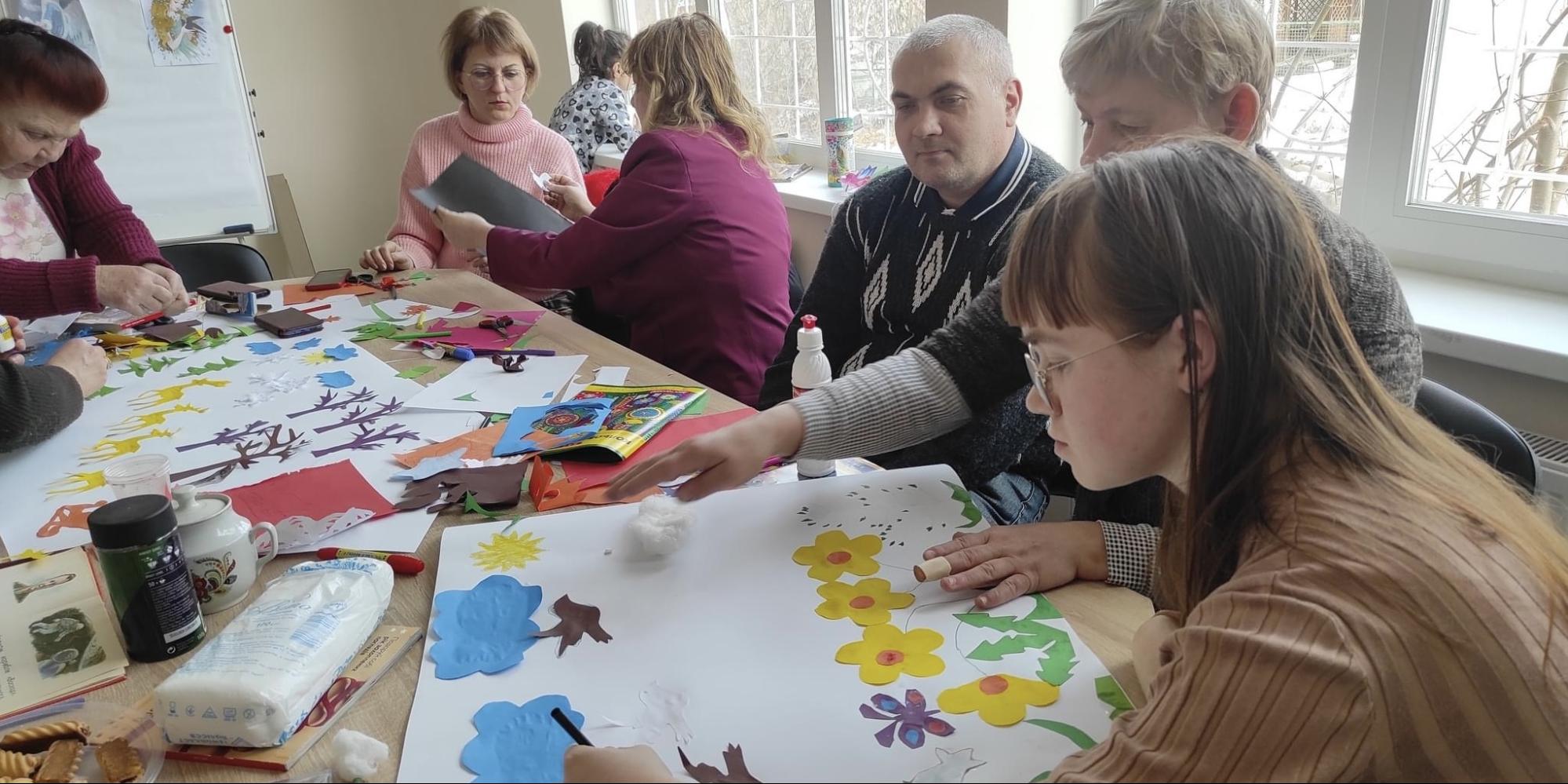
The Ministry of Health of Ukraine reported that well over 90% of Ukrainians surveyed are showing signs of an anxiety disorder, and over half are in danger of having mental health problems. Ukrainians spend around ₴300 million monthly on over-the-counter sedatives, and the consumption rate of antidepressants has significantly increased.
Understanding the scale of the problem, communities are coming up with solutions to help Ukrainians regain their emotional equilibrium, heal their mental health, and learn to live in new conditions. Thus, in the Sumy region, thanks to the Stability program implemented by the Eastern Europe Foundation, the Center for Social Initiatives of the Trostianets Community public union implemented the Nezlamni hub project. Now, all kinds of things are going on here almost every day: psychological support stuff, handing out free legal aid, master classes, art therapy sessions, and such. All of this was to lend a hand to the locals and people who had to move away due to wartime challenges.
Zaneslo v Selo project captures the world of the Volyn village
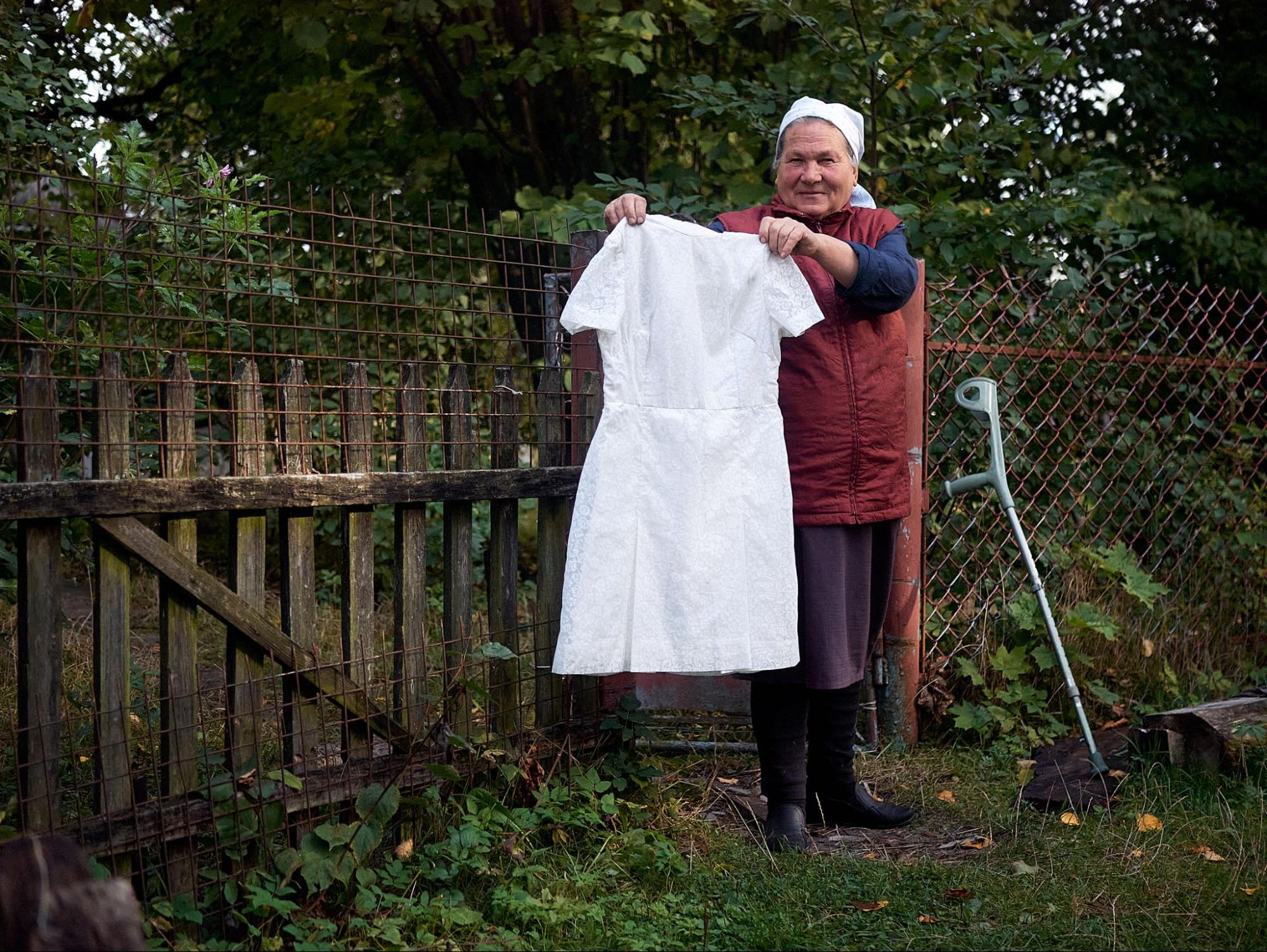
Villages are born and die. It is a part of life and Ukraine's history. However, to save their memory, to reflect and show them to the world means to preserve and strengthen one's own identity. To do this, you must go to remote corners of Ukrainian regions, seek an approach to local people and immerse yourself in archives. Not everyone will do it, but those who do it definitely love this with all their heart.
The Zaneslo v Selo project arose in 2018 after the closure of Olena Livitska's column in one of the Volyn media. Then the publishing team moved on to another project, and the column with longreads about Volyn villages became irrelevant. Rubryka explains how the project helps capture the world of the Volyn villages.
Community in Zakarpattia becomes a logistics hub
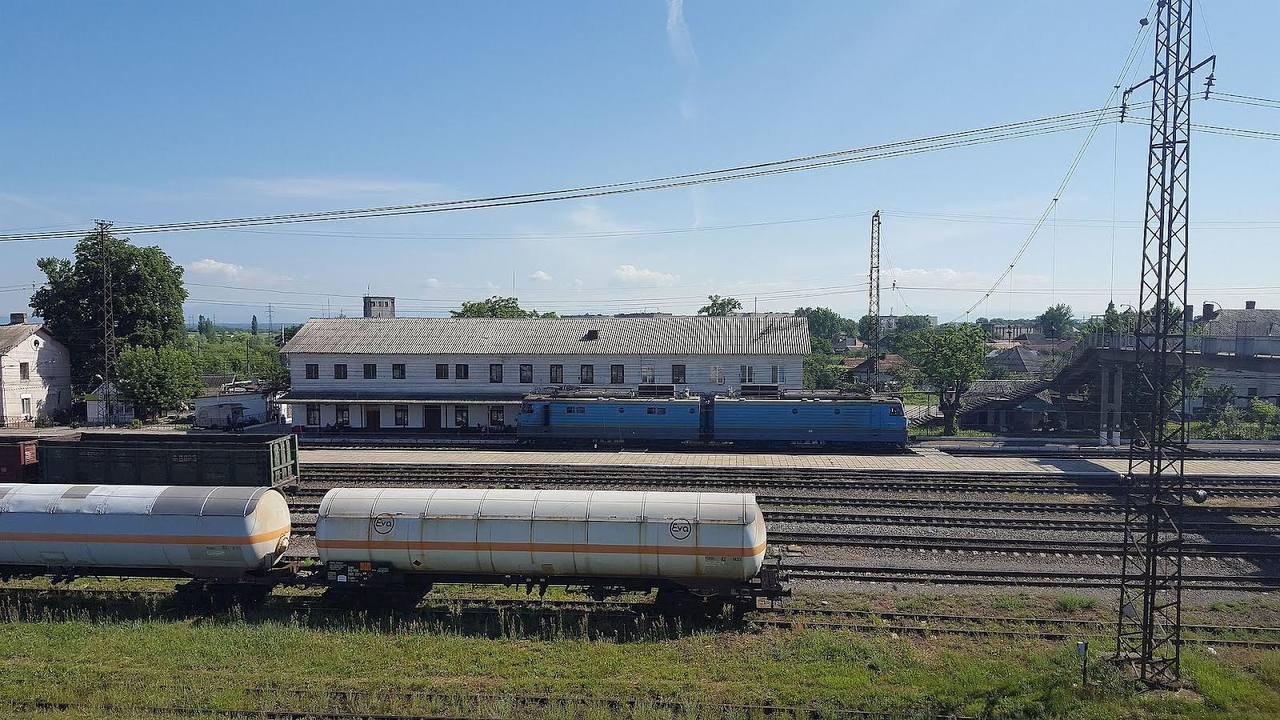
Most Ukrainian communities need investments for economic development. Zakarpattia is no exception. Many communities in the region have deficit budgets.
To effectively establish contacts and cooperation with investors, communities develop investment passports. This work requires a systematic professional approach and expert support. The U-LEAD with Europe Program provided expert assistance to Zakarpattia communities, particularly the Bativska community. The development of the investment passport helped the Bativska community to identify the development of the logistics hub as one of its priorities. Rubryka shares how the solution helps developing communities.
Mobile gynecological team
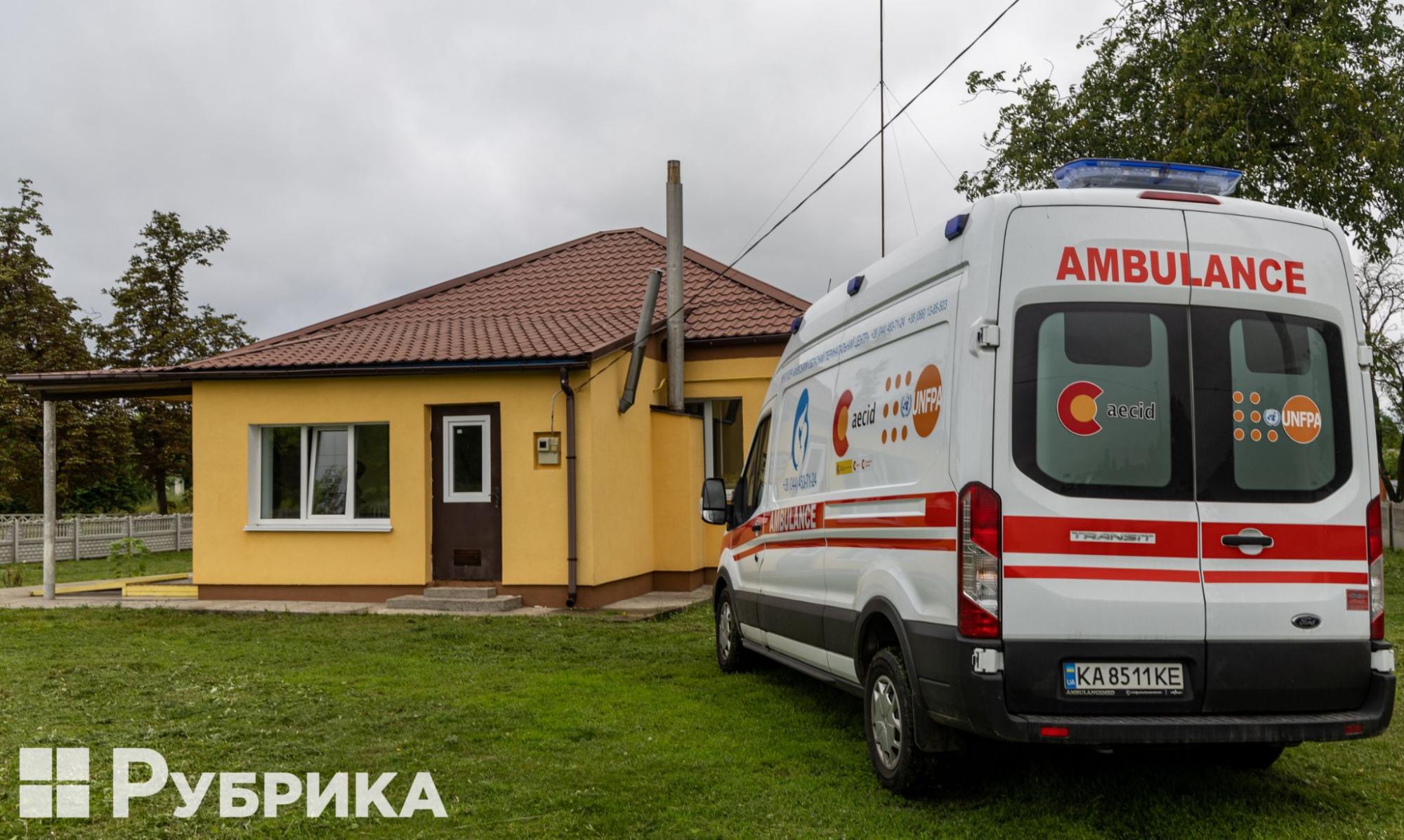
Full-scale Russian aggression affected the Ukrainian population's access to essential medical services. Their cost has increased, logistical obstacles have arisen in some regions, and infrastructure has been damaged. This is especially true for residents of remote parts of Ukraine. In addition, strong emotional outbursts and stress negatively affect women's reproductive health.
UNFPA, the UN Population Fund in Ukraine, has created special services for sexual and reproductive health — mobile gynecological teams and gynecological offices with barrier-free access. Both services provide inclusive, free, and confidential services. In particular, barrier-free gynecological offices are equipped with inclusive examination chairs.
Rubryka visited one of the outings of such a brigade in the Kyiv region and reported on the experience.
Girls STEM and the battle against gender stereotypes
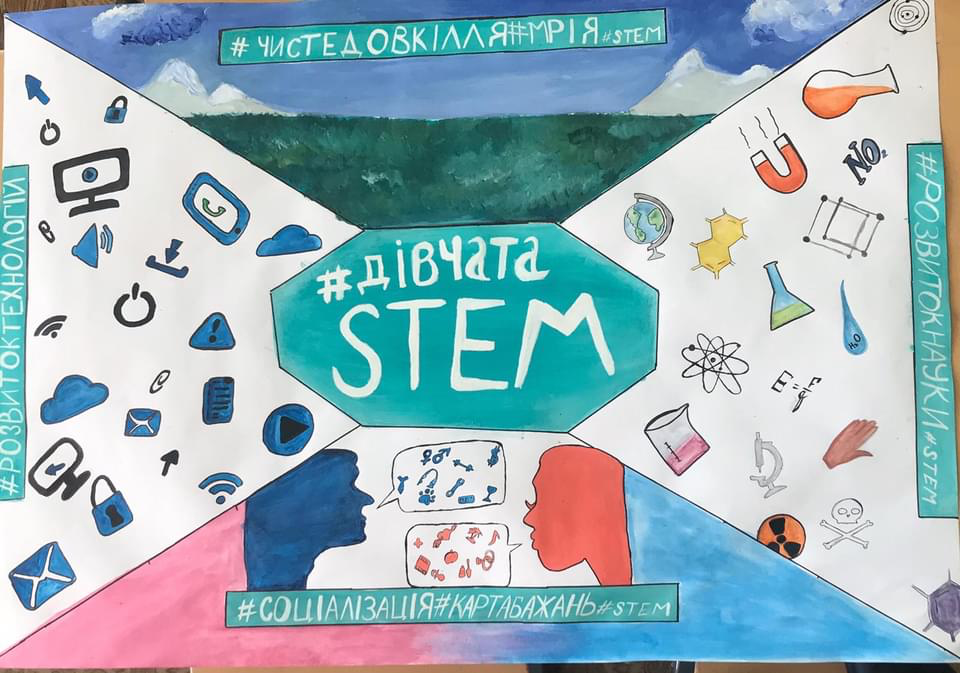
Three years ago, the UN Recovery and Peacebuilding Programme interviewed students of schools and vocational education institutions. It turned out that 60% of the surveyed young people believed there is a division of professions based on gender. Moreover, the same number of young respondents noted that the primary purpose of women is to give birth and take care of children.
Under such conditions, one must have considerable courage and self-confidence to resist gender stereotypes and realize oneself in professions considered masculine.
Girls STEM is a Ukrainian initiative aimed at overcoming gender stereotypes when choosing a profession and increasing the number of girls in STEM fields — Science, Technology, Engineering, and Mathematics. The community joins girls and women from all over Ukraine who are united by a passion for science and helps them believe in their strength. Learn more about the solution here.
"Return to a peaceful life is our second front"
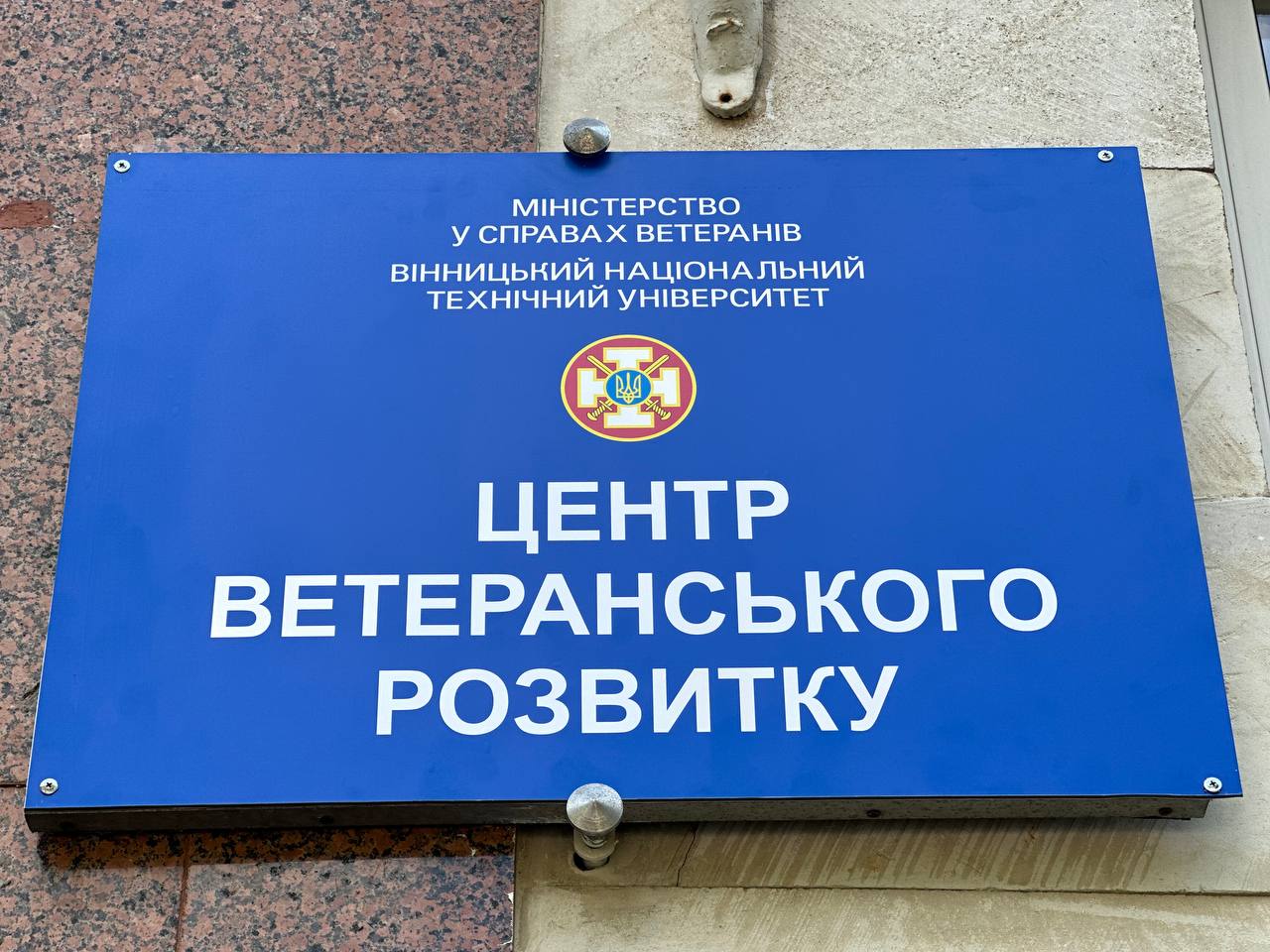
Demobilized military personnel, especially soldiers who became disabled due to the war, need dignified treatment in society, adaptation to civilian life, and a new acquaintance with the family. After all, they will never be the same again. At the same time, Ukraine is already experiencing a severe shortage of qualified personnel, which will intensify when the full-scale reconstruction of the destroyed country begins. How are these two challenges related to each other, and how to solve them comprehensively?
In Vinnytsia, on the basis of the Vinnytsia National Technical University, the second Veterans' Development Center in Ukraine was opened. It will train veteran assistants and, in general, will help soldiers on the way to transition from a military career to civilian life, in particular through the acquisition of new professional skills. Rubryka explores how the solution will work.
Five important coincidences and a shelter for displaced people in Ternopil
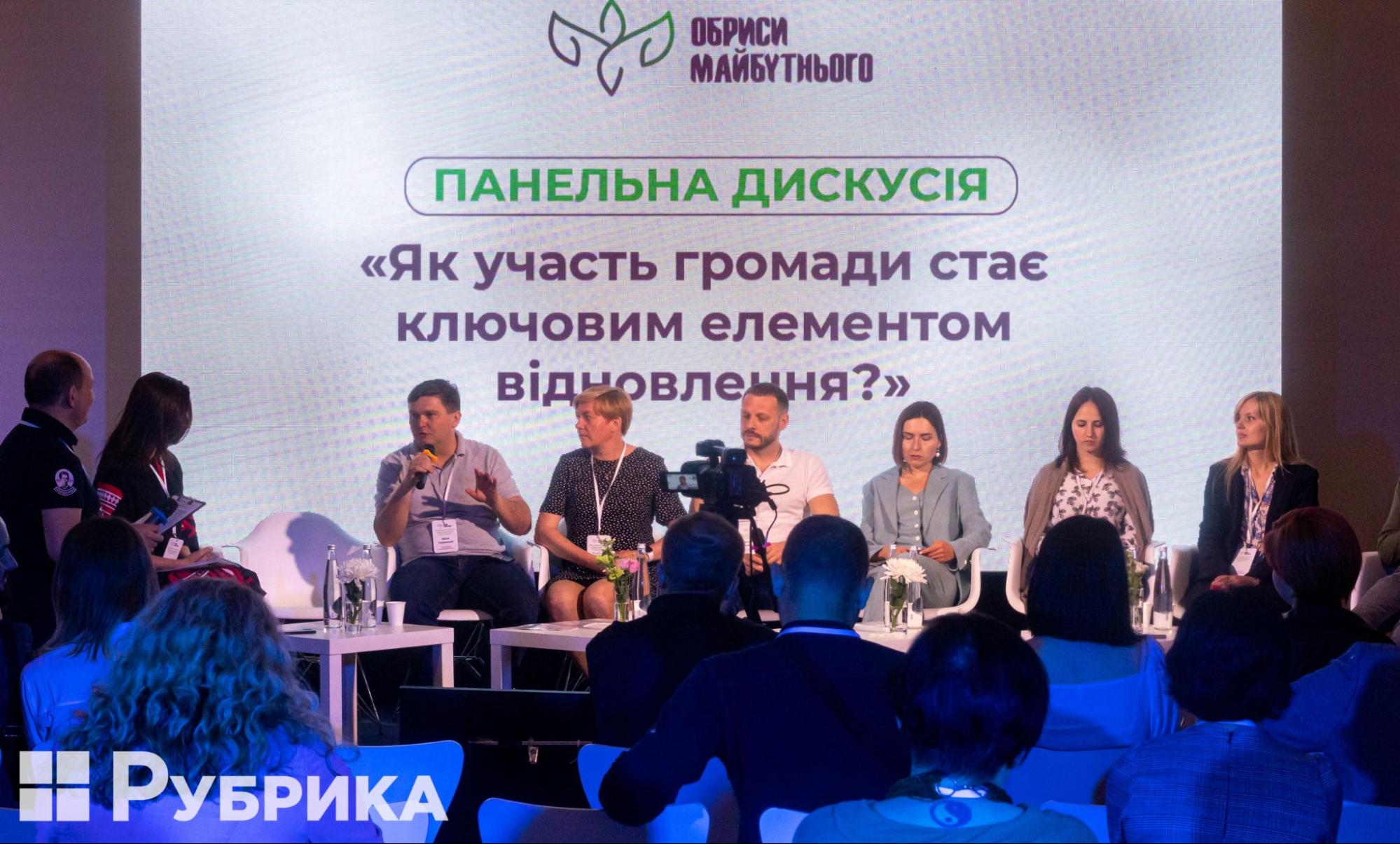
In the first weeks and months of the full-scale Russian invasion of Ukraine, the western regions faced a large influx of people fleeing the war. The Ternopil region and its regional center were no exception. Later, the issue of employment of resettlers became relevant.
The Ternopil non-governmental organization Progressive People began to help their friends in the east and south of Ukraine find shelter in Ternopil.
"They urgently needed to take their families to safe places quickly. We decided to try to help with housing for everyone who applies. In addition to our apartments, we had to borrow, rent, and quickly furnish large raw apartments, making them habitable," said Ivan Sorokolit, deputy head of the NGO Progressive People.
Over time, the solutions from Progressive People have developed, and Rubryka shares the organization's path.
Two hours of carefree childhood
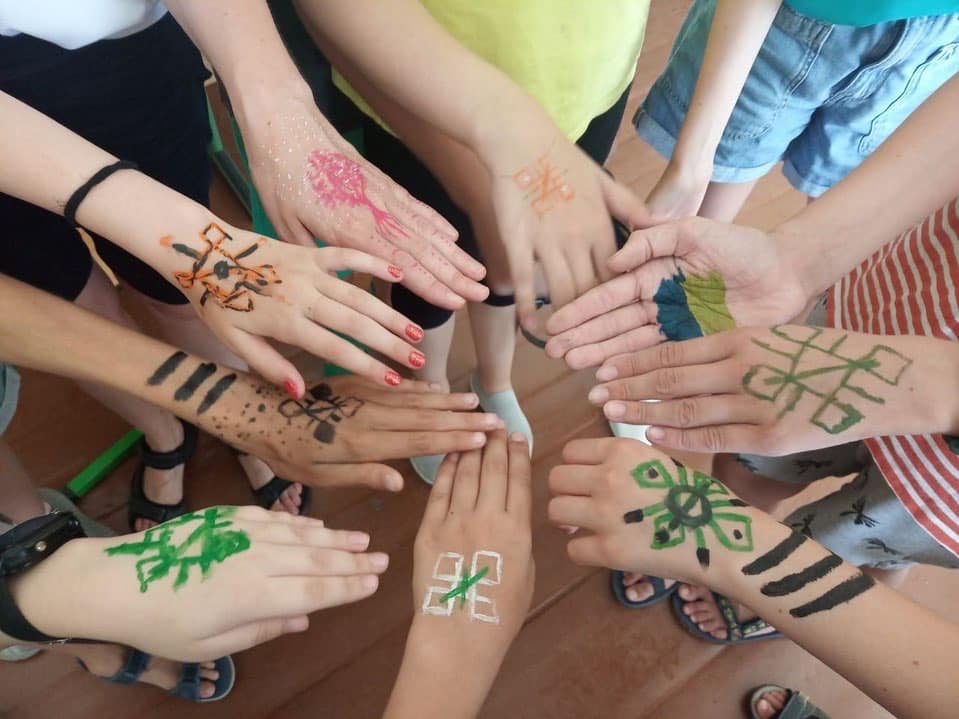
During war, children are the most unprotected and vulnerable population category. Russia takes away little Ukrainians' homes, sense of security, and loved ones — forcing them to sleep not in their beds, but hiding in shelters during night attacks and bombardments. Children, too, face the realities of war — challenges that even adults are hardly ready for, in terms of both physical and mental safety. A child cannot cope with all this without the help of adults in their life.
To preserve and restore children's mental health, friendly spaces were created throughout Ukraine by the SpivDiia for Children project. Here, through an informal education program, children can receive quality psycho-emotional support they need, meet new friends, learn about the world they live in, and share their experiences.
Rubryka explains how the project works and what its features are.
Newsletter
Digest of the most interesting news: just about the main thing








